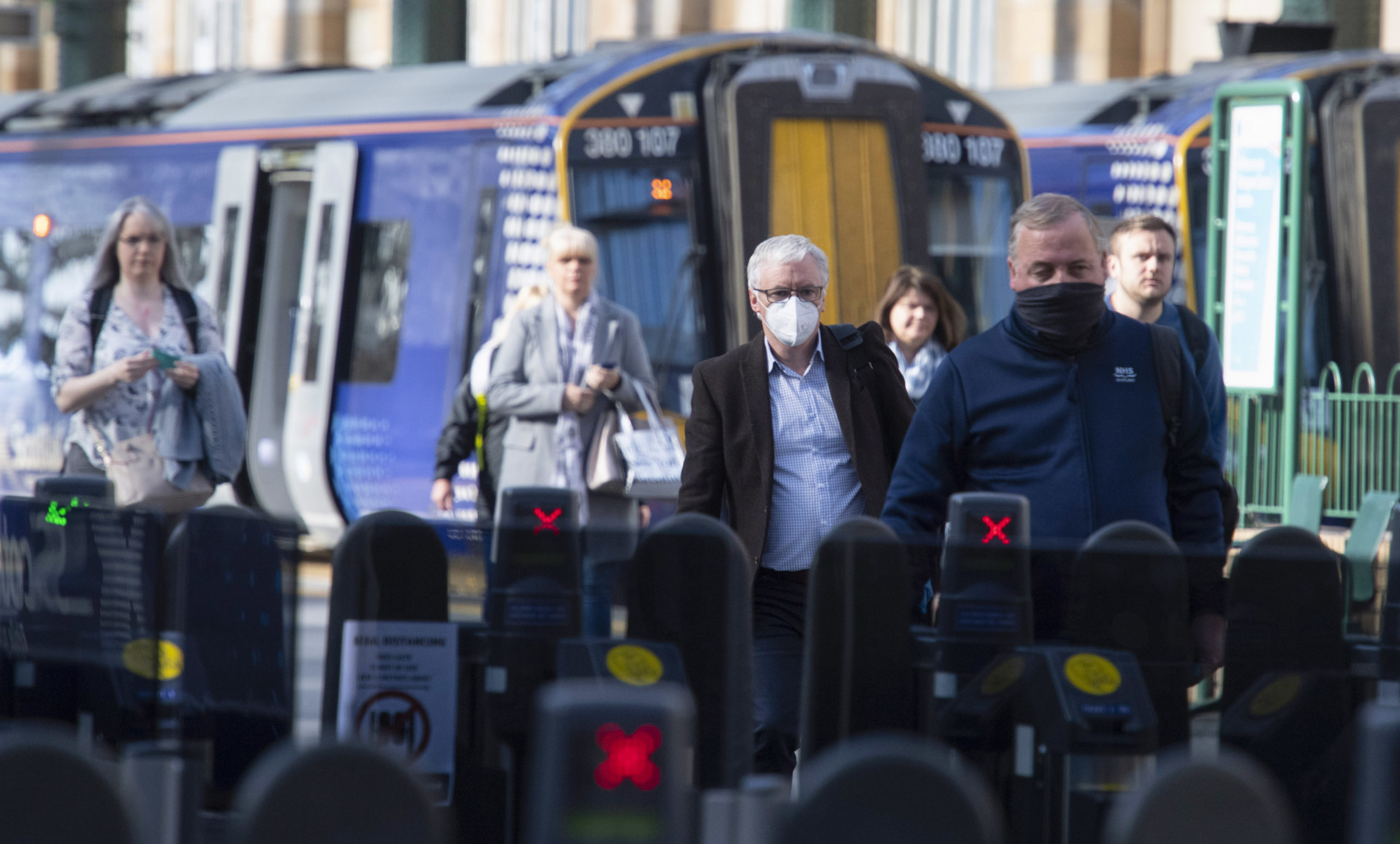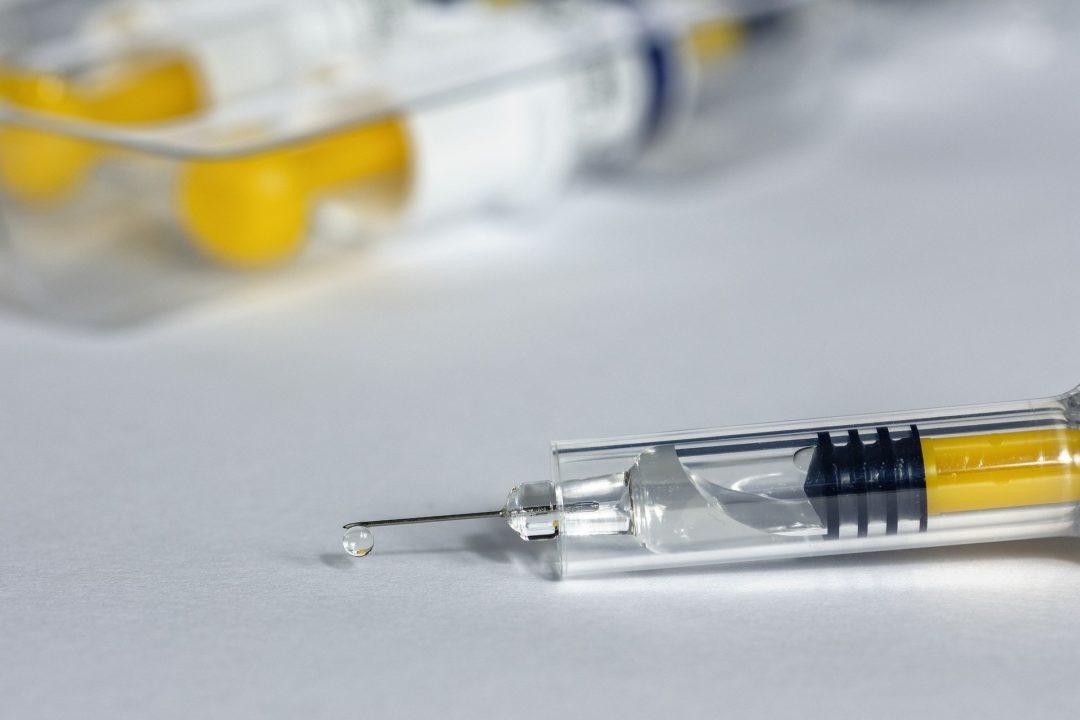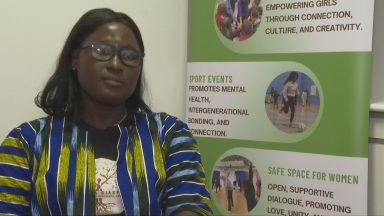As coronavirus cases surge in the UK and across the globe, the world received promising news on Monday.
US pharmaceutical firm, Pfizer, and its partner, German company, BioNTech, announced preliminary results suggesting their new Covid-19 vaccine was more than 90% effective.
However, despite the positive news, experts have warned it does not mean life can return to normal just yet.
Here is everything we know so far about the new jab, what other vaccines are in development and what experts have to say.
What is the new vaccine and how effective is it?
This is an RNA (mRNA) vaccine which trains the immune system to fight coronavirus.
It is given in two doses – three weeks apart – and data suggests it protects more than 90% of people from developing Covid symptoms.
Who developed it?
The vaccine has been designed and developed by pharmaceutical firm Pfizer and BioNtech.

They already have the manufacturing capacity to produce 1.3 billion doses by the end of next year.
In a statement released on Monday, Pfizer’s chairman said it was “a great day for science and humanity”.
Is it safe?
All vaccines undergo rigorous testing and have oversight from experienced regulators.
Pfizer’s is known as a messenger RNA (mRNA) vaccine.

Conventional vaccines are produced using weakened forms of the virus, but mRNAs use only the virus’s genetic code.
They work by telling cells in the body to create antigens, which are recognised by the immune system and prepare it to fight coronavirus.
Some believe mRNA vaccines are safer for the patient as they do not rely on any element of the virus being injected into the body.
Is the vaccine ready?
Not quite yet. Pfizer and BioNTech has released preliminary findings.
The vaccine has been tested on 43,500 people in six countries and no safety concerns have been raised.
Pfizer is now planning to apply to the US regulator the Food and Drug Administration (FDA) for emergency approval to use the vaccine by the end of the month.
When will we get it and how will it be distributed across Scotland?
A national plan is currently being developed to distribute the vaccine in Scotland.
It’s hoped it could be rolled out by the end of this year, with the UK already having ordered 40 million doses.
People will need two doses, meaning not enough shots have been secured for the entire UK population.
The deputy chief medical officer for England, Professor Jonathan Van-Tam, said he was “hopeful” the vaccine could be seen by Christmas.
But he said that there was more to be done before it becomes widely available, adding that it would be for the independent regulator to clear it for use in the UK.
Health secretary Jeane Freeman confirmed an initial agreement had been reached for Scotland to receive a population share of the UK’s allocation.
She said a national plan for distribution of a vaccine was being developed using a “variety of routes and locations”.
Freeman added: “We’ve had quite a detailed discussion about whatever those volumes are, what would be the proportion coming to Scotland and we’ve settled on it being a population share.
“Because when we do the calculations based on where we think the numbers are in terms of priority groups, the difference is minimal.”
Who will get it first?
The Joint Committee on Vaccination and Immunisation (JCVI) has examined data on who suffers the worst outcomes from coronavirus and who is at highest risk of death.
Its interim guidance says that older adults in care homes and care home workers should get priority, followed by those aged 80 and over, and health and social care workers.
What other vaccines are there?
There are more than 200 coronavirus vaccine candidates being tested around the world.
About 12 of them are in the final stages of testing, but Pfizer is the first to report any results.
The two frontrunners in the Covid-19 vaccine race are the one from Pfizer, called BNT162b2, and another being developed by the University of Oxford and AstraZeneca, which is also in phase three clinical trials.
Other potential vaccines in phase three trials include ones by US drugs firm Moderna and biotech company Novavax.
Does this mean life will return to normal soon?
Life will go back to a “new normal”, but “we’re not there yet”, according to David Nabarro, co-director of Imperial College London’s Institute of Global Health Innovation.
He said: “Even if a vaccine arrives in the near future we’ve got many months of still dealing with the virus as a constant threat that we’ve got to make certain that we continue to do all that is necessary to solve the virus causing major problems.”
 SNS Group
SNS GroupHowever, Sir John Bell, regius professor of medicine at Oxford University and a member of the Government’s vaccine taskforce, indicated people could look forward to a normal life in the coming months.
Asked if life will return to normal by spring 2021, he said: “Yes, yes, yes, yes. I am probably the first guy to say that but I will say that with some confidence.”
Follow STV News on WhatsApp
Scan the QR code on your mobile device for all the latest news from around the country


 STV News
STV News

























